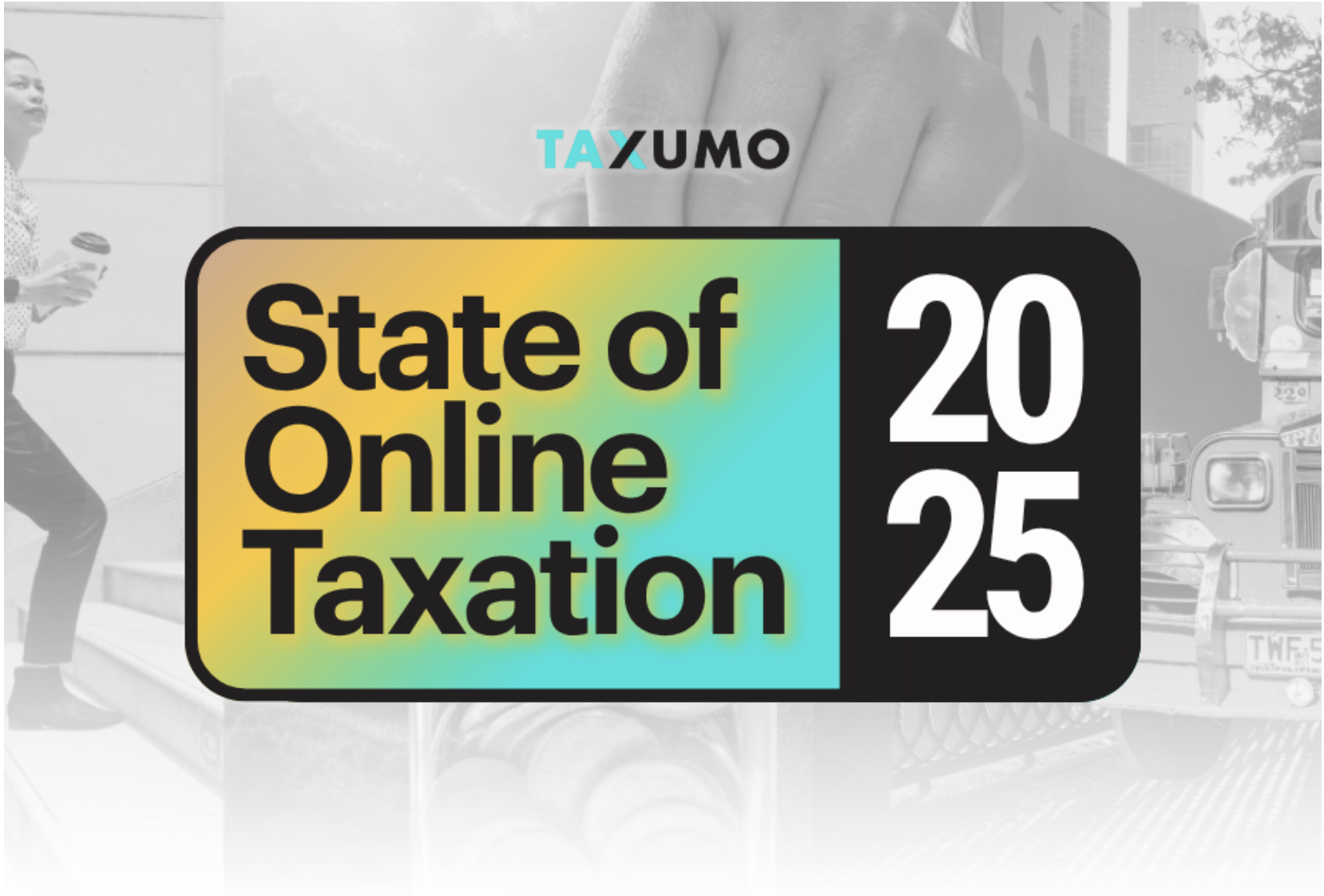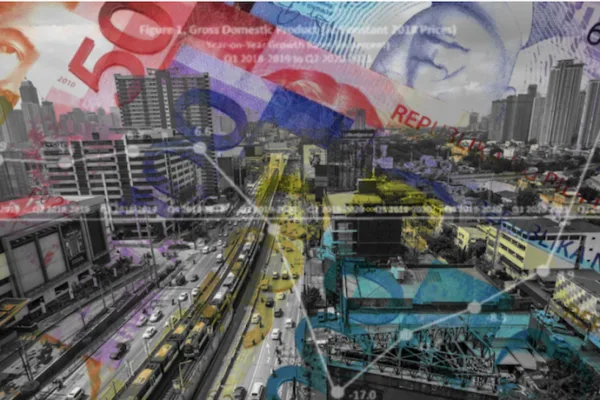Forget the image of the Philippines’ informal economy lurking in the shadows. A vibrant, digitally-driven transformation is sweeping across the archipelago, bringing a new class of Filipino freelancers, online sellers, and micro-entrepreneurs firmly into the formal tax fold.

According to the groundbreaking “State of Online Taxation 2025” report by Taxumo, the nation’s digital workforce isn’t just growing; it’s actively reshaping the very bedrock of the country’s tax base, signaling a powerful shift in how Filipinos earn — and how they comply.
This quiet revolution, fueled by unprecedented digital access and a growing entrepreneurial spirit, holds profound implications for the country’s fiscal health and its journey towards broader financial inclusion.
This isn’t merely a trickle; it’s a surging current.
With the Philippine government keen on expanding its fiscal reach, Taxumo’s comprehensive report offers an unprecedented snapshot: who’s contributing, how much, and what this quiet revolution truly means for a nation long accustomed to a vast informal sector. The data paints a compelling picture of an economy adapting, evolving, and empowering its citizens through digital avenues.
Tax from digital earnings: From fringe to forefront

Once perceived as side hustles or temporary gigs, digital earnings have exploded into a formidable economic force. Conservative estimates place around 1.5 million Filipinos as active participants on global freelancing platforms alone.
Factor in local online gigs and the booming e-commerce scene, and that number climbs exponentially. The growth story is staggering: between 2019 and 2020, the Philippines witnessed a jaw-dropping 208% increase in freelance earnings — the fastest in all of Asia.
This incredible surge wasn’t just happenstance; it reflects global demand for Filipino talent, the inherent flexibility of remote work, and the low barrier to entry offered by digital platforms, allowing individuals to quickly monetize their skills. By 2021, an estimated one in five Filipino workers, roughly 8.7 million individuals, were deriving income from online platforms.
Fast forward to 2024, and the country’s digital economy boasts a formidable ₱2.25 trillion valuation, making up a significant 8.5% of the GDP. E-commerce, a driving engine, contributed a robust ₱302 billion on its own.
This isn’t just about individual prosperity; it’s about a critical boost to national economic performance, demonstrating the digital sector’s undeniable contribution to the macro-economic landscape. Fueling this seismic shift are tech-savvy, adaptable young Filipinos who swiftly navigated pandemic disruptions.
From innovative content creators and indispensable virtual assistants to dynamic online sellers and cutting-edge IT consultants, a new generation has emerged. For them, digital work isn’t a temporary solution; it’s a sustainable, often primary, source of income and a pathway to economic independence.
The rise of the online taxpayer

Taxumo’s data paints a clear picture of rising digital compliance. Since 2020, annual income tax filings processed through its platform have surged by an average of 49% each year. Remarkably, a significant portion of these are first-time filers or individuals previously operating outside formal tax structures.
This isn’t just heightened awareness; it’s a profound cultural transformation where digital convenience meets civic responsibility. Online platforms have demystified and streamlined the compliance process, making it far more accessible and less intimidating for individuals who once viewed taxes as an impenetrable bureaucratic burden or irrelevant to their small operations.
The ease of digital filing and automated calculations provided by fintech solutions like Taxumo have significantly lowered the barriers to entry into formal tax compliance. This digital embrace isn’t confined to Metro Manila’s bustling hubs either. A diverse array of users from across the provinces are leveraging online tools, a trend undoubtedly amplified by the increasing accessibility of digital banking and invoicing solutions nationwide, truly democratizing tax compliance.
Perhaps the most compelling revelation from the report concerns the income profile of these new digital taxpayers. Nearly half (47.5%) fall squarely into the middle-income bracket. Even more surprisingly, a significant 30% of filers are officially classified as poor, according to national income thresholds. This defies conventional wisdom, suggesting that access to the formal economy is becoming more widespread and inclusive.
For many, formalizing their income isn’t just about civic duty; it’s a strategic move — a necessary step to qualify for vital bank loans, secure essential business permits, legitimize their burgeoning enterprises, and build a credit history crucial for long-term financial stability. It signals a desire to break free from the limitations of purely informal work.
Millennials lead, Gen Z embraces formalization early

Millennials remain the dominant force in the online tax landscape, comprising a robust 66.8% of filers. However, Gen Z is rapidly closing the gap, now making up 22.1% — a notable jump from 17.9% just a year prior.
While these younger users might not yet contribute as much to the total tax pool (Gen Z accounted for 12.7% of online income tax in 2025), their early adoption of formal compliance is a powerful indicator of a long-term shift towards a more tax-aware workforce.
This pattern reflects both economic necessity and a generational comfort with digital tools, viewing compliance not as an exception, but as a default.
Moreover, the digital economy is proving to be a powerful engine for female empowerment. Millennial women, in particular, are leading the charge, making up roughly 40% of Taxumo’s users and significantly outnumbering their male counterparts.
Gen Z females are also demonstrating strong engagement, representing 13.6% of all users, compared to just 7.9% for Gen Z males. This trend mirrors broader societal shifts, with women increasingly participating in digital entrepreneurship, particularly in thriving creative and service-based sectors, leveraging the flexibility and reach of online platforms.
Taxumo’s “State of Online Taxation 2025” report paints a vivid picture of a new chapter unfolding for Philippine taxation. As more Filipinos embrace self-employment and digital connectivity, they are concurrently becoming more tax-aware, driving a fundamental change in the country’s economic fabric.
This underscores a crucial call to action for both government and the private sector: to collaborate in providing sustained support, education, and incentives. By nurturing this burgeoning digital workforce, through simplified reporting mechanisms, targeted training programs, and accessible financial products tied to tax compliance, the Philippines can ensure these vital contributors continue to drive innovation and resilience, forging a stronger, more inclusive economy for the future.








